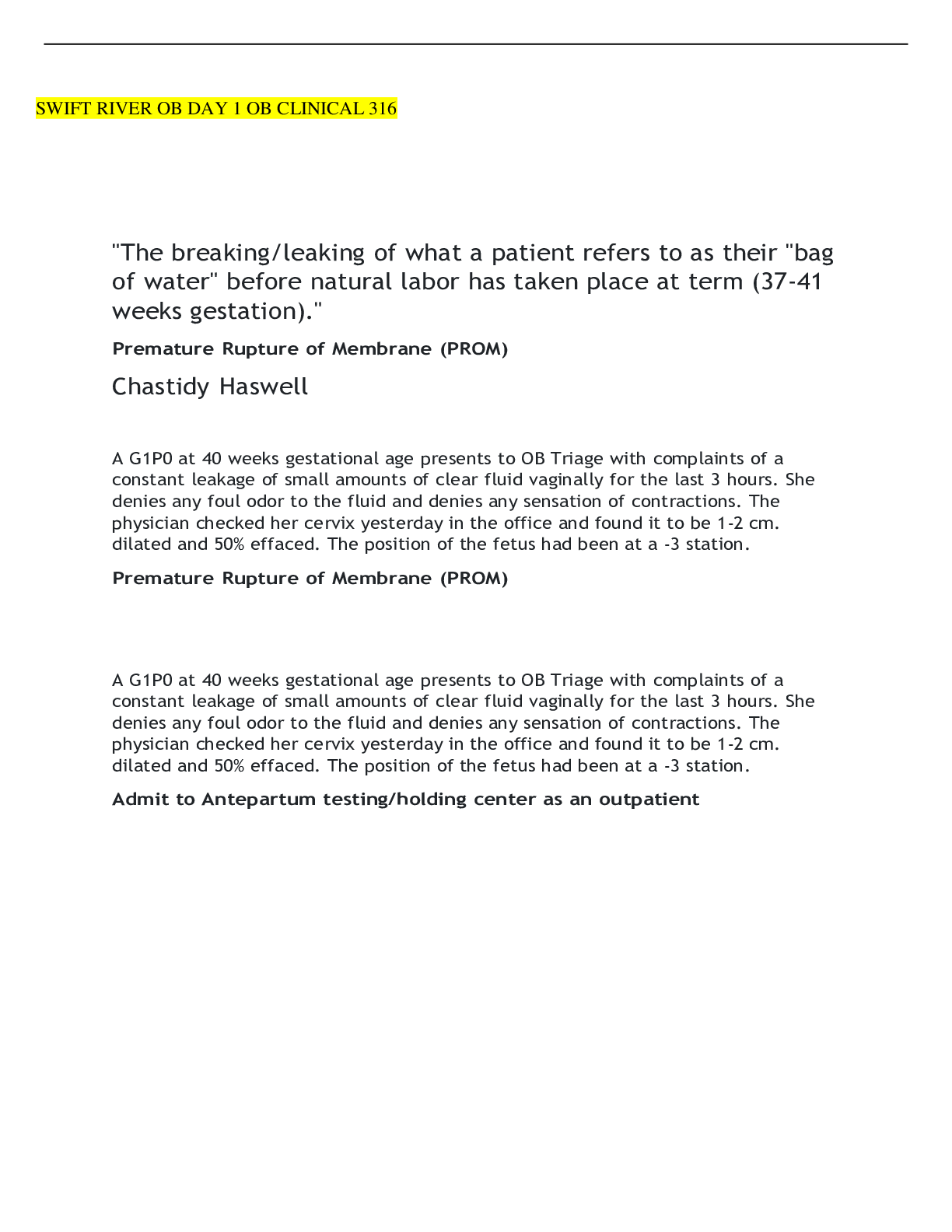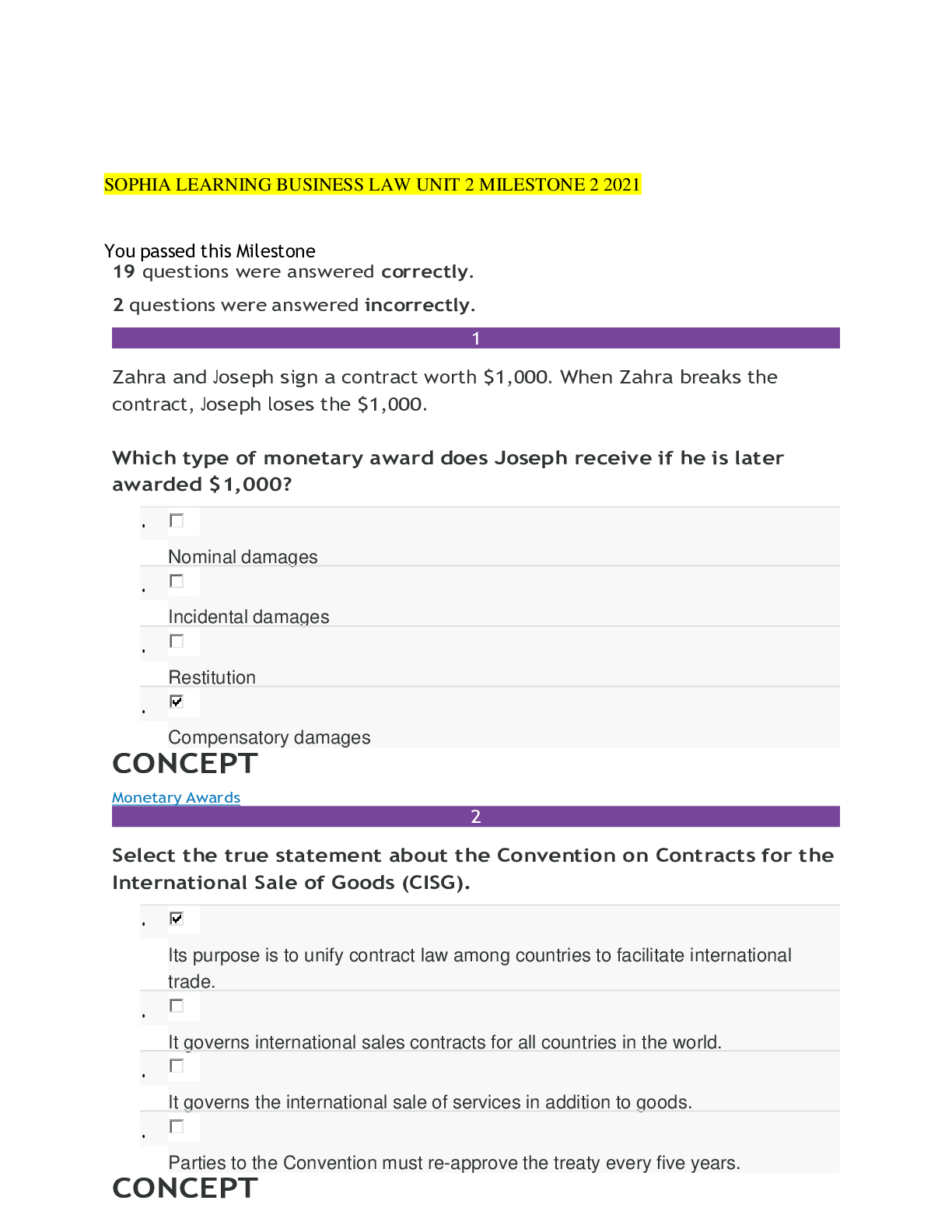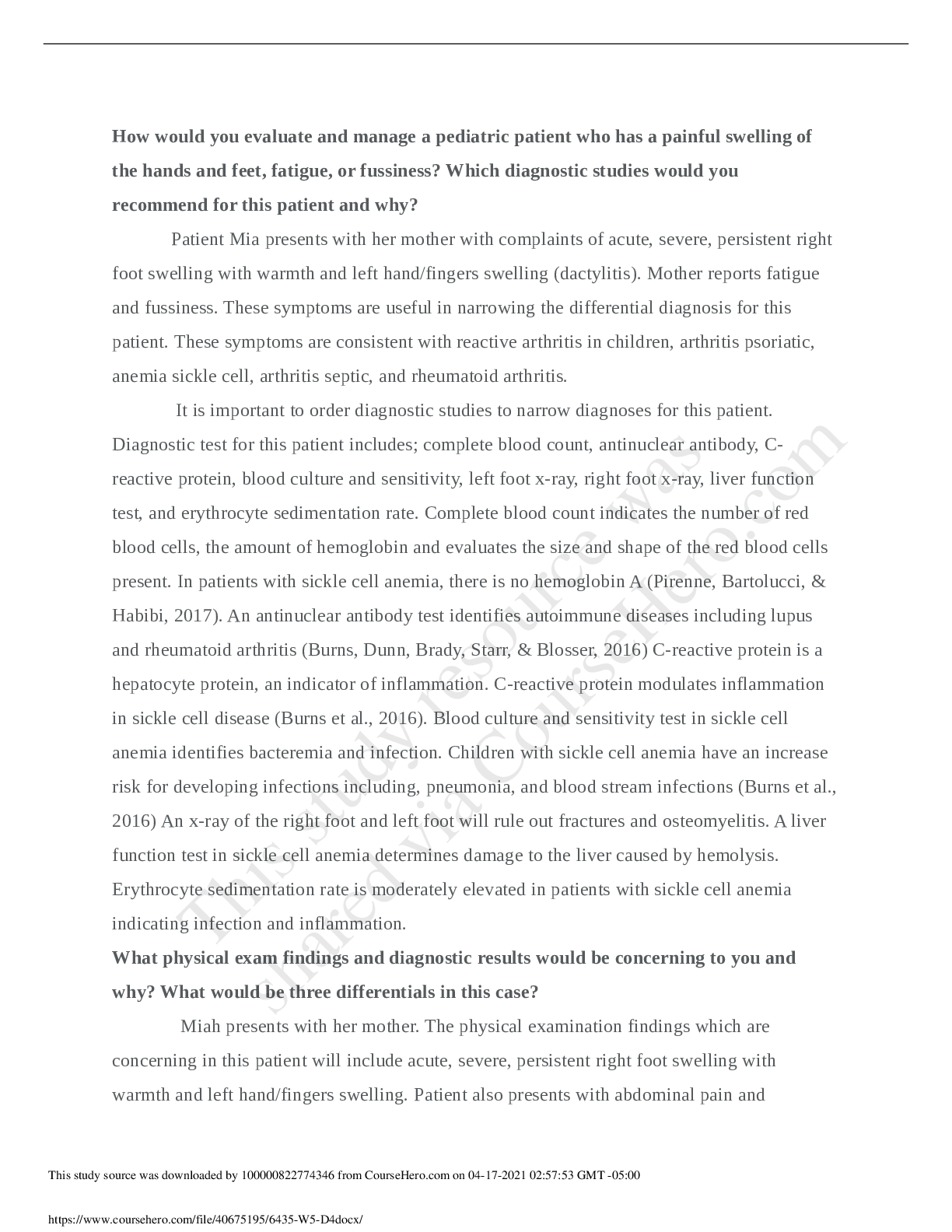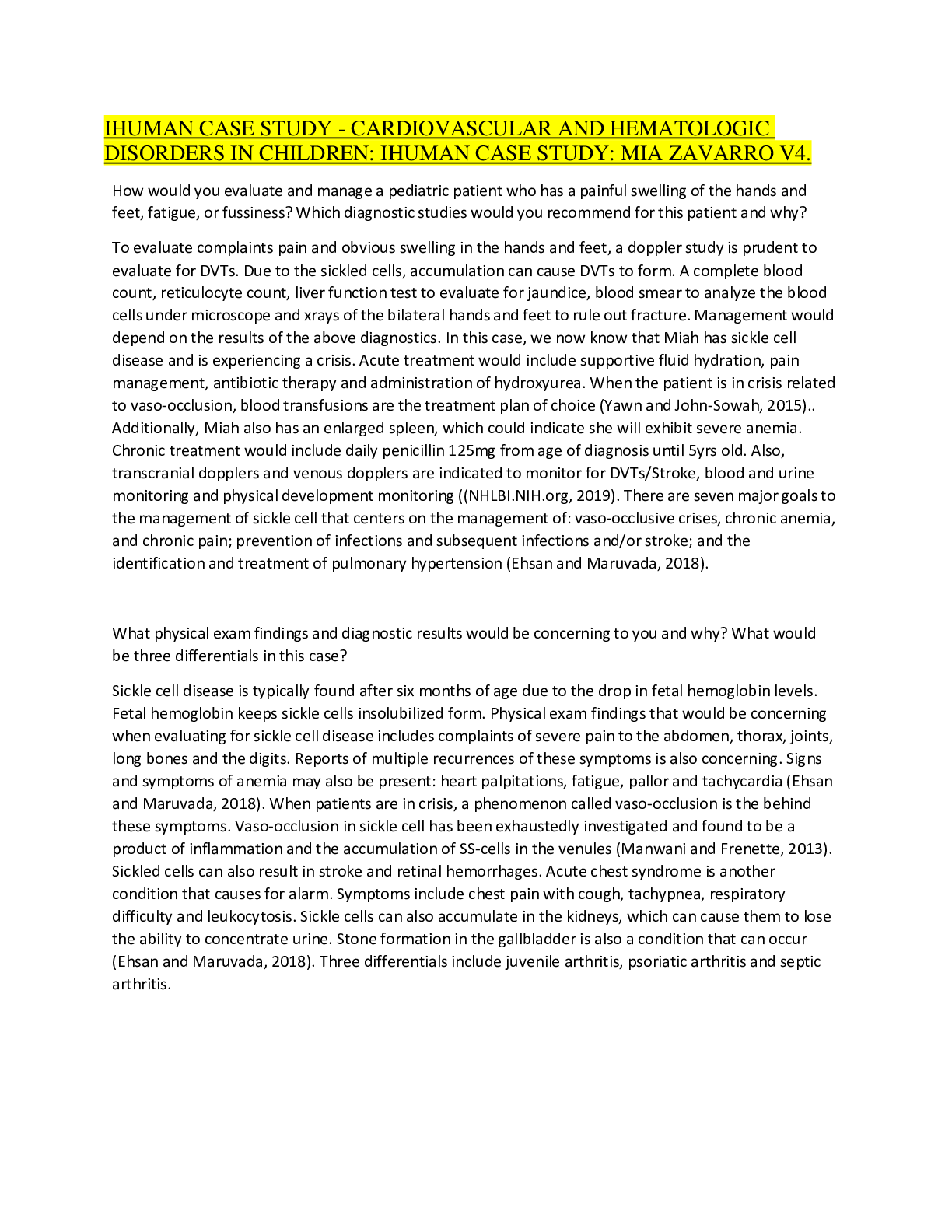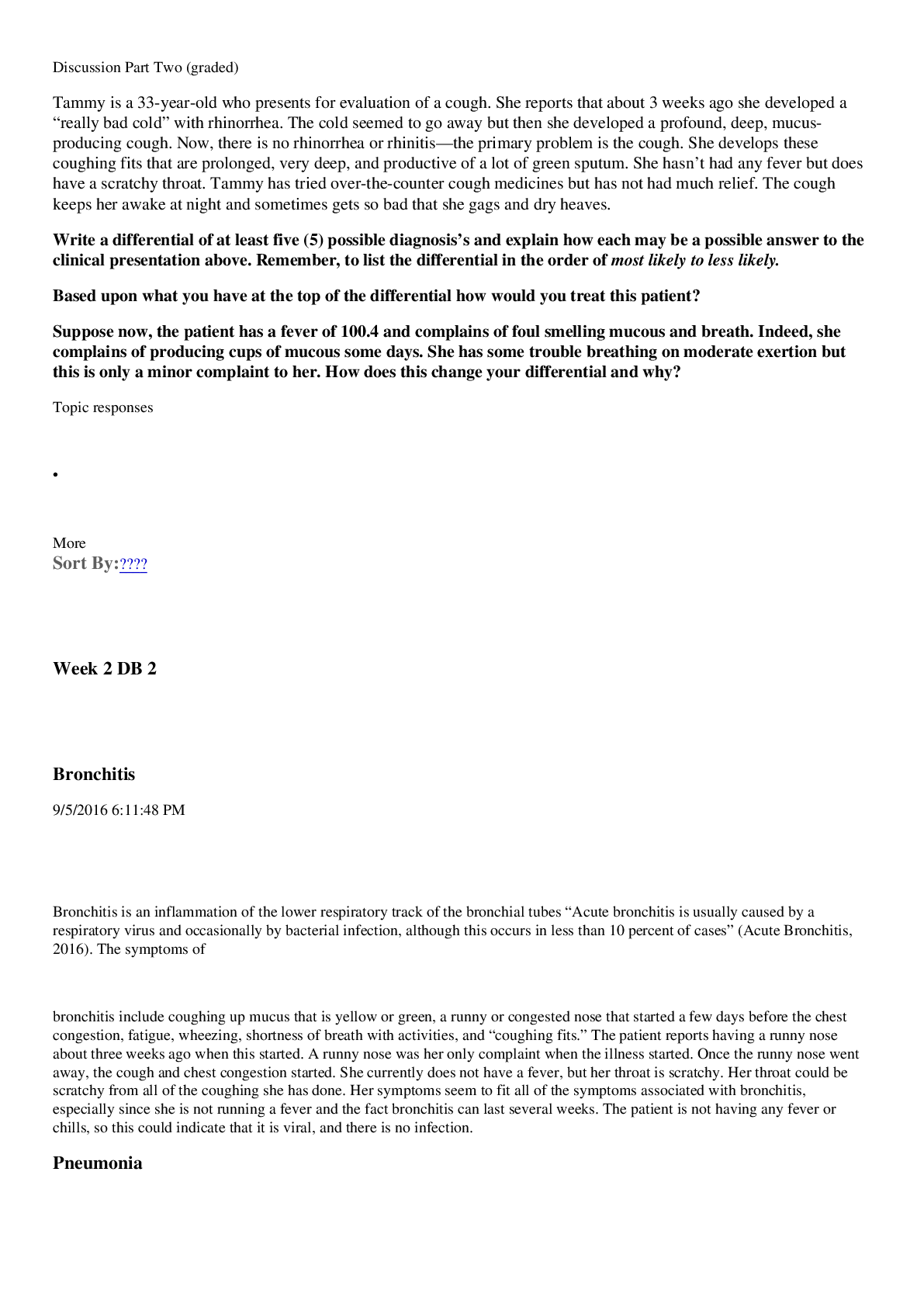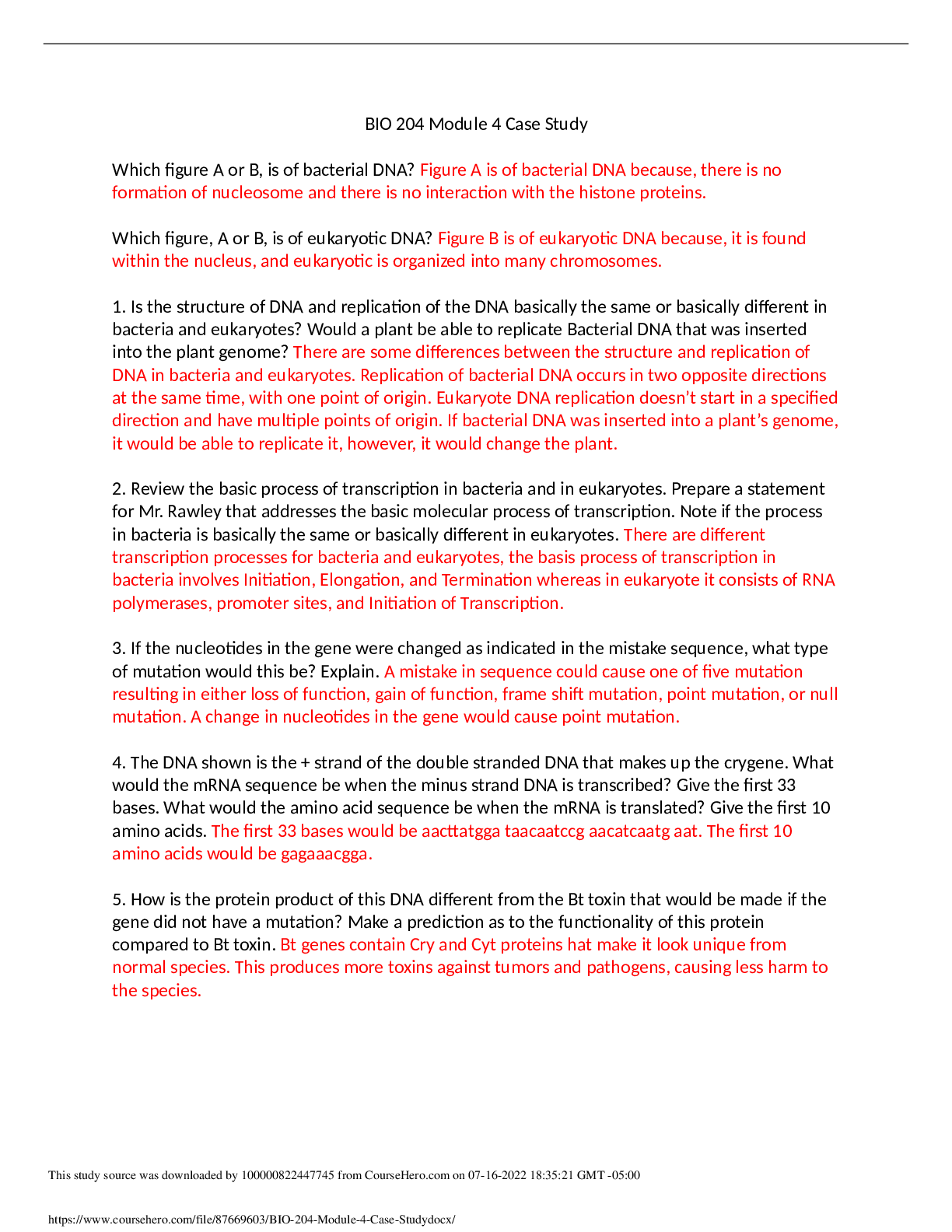Management > CASE STUDY > BRAND BACKLASH AND THE CASE OF QANTAS AIRLINE (All)
BRAND BACKLASH AND THE CASE OF QANTAS AIRLINE
Document Content and Description Below
BRAND BACKLASH AND THE CASE OF QANTAS AIRLINE BRAND BACKLASH AND THE CASE OF QANTAS AIRLINE 1 Facing Some 'Home' Truths: Brand Backlash and the Case of Qantas Embry Riddle Aeronautical University... Management 311 Marketing Facing Some 'Home' Truths: Brand Backlash and the Case of Qantas Branding advertises a company's product or service to help distinguish its product or service based on its unique characteristics. This case study examined information gathered from 150 stakeholders about the Qantas Airline's media campaign "Feels Like Home." The campaign received a positive response from company executives who believed the launch would improve and build Qantas' image. The campaign was thought to be creative and would strengthen the Airline's image as a national carrier. There were mixed responses from consumers regarding the ad campaign; some agreed that it triggered an emotional quotient. Meanwhile, other consumers felt that the campaign is uninteresting and lacked creativity and a storyline. Others strongly believed that Qantas should build a reputable loyalty program to compete with competitors rather than focus on building an image. Qantas employees were not in favor of the branding campaign. Most of the employee's negative remarks were due to the timing of the campaign; the campaign was launched at a time the company was facing financial and political challenges. Qantas' branding of a red Kangaroo Logo has successfully created a distinctive position in the consumer minds and created an association between that logo and Qantas. Stakeholders were supportive and applauded the ad campaign despite the negative comments appealing to its sentimental narrative, resulting in the Airline maintaining its national image as a carrier. Despite the company securing its position as a market leader with approximately 15.7% shares, the campaign failed to keep the brand relevant to customers and is evident in falling market shares, falling from 19.5% in 2010 to 15.7% in 2015. Additionally, the executives failed in transforming the brand's image by utilizing the corporate narrative and did not use a brand campaign. Moreover, the mistrust between employees and executives, coupled with disagreement of the brand image, caused the ad campaign to achieve an undesirable outcome. Finally, the campaign was designed to primarily focus on one medium and lacked sources like social media to maximize and reach new markets. How a company wants its brand to be perceived and how it is perceived to customers is considered brand identity. Similarly, brand image is defined as how the consumers perceive the brand. This is very important since it is having a lot to do with the reputation, value, and possible profits due to customer associations. For this reason, it is important to establish good brand recognition in the market. While examining the Qantas case study it is evident that an advertisement strategy would allow the company to reduce its negative associations and word of mouth while enhancing the perception and image of the brand. [Show More]
Last updated: 2 years ago
Preview 1 out of 5 pages

Buy this document to get the full access instantly
Instant Download Access after purchase
Buy NowInstant download
We Accept:

Reviews( 0 )
$8.50
Can't find what you want? Try our AI powered Search
Document information
Connected school, study & course
About the document
Uploaded On
Nov 07, 2022
Number of pages
5
Written in
Additional information
This document has been written for:
Uploaded
Nov 07, 2022
Downloads
0
Views
63



